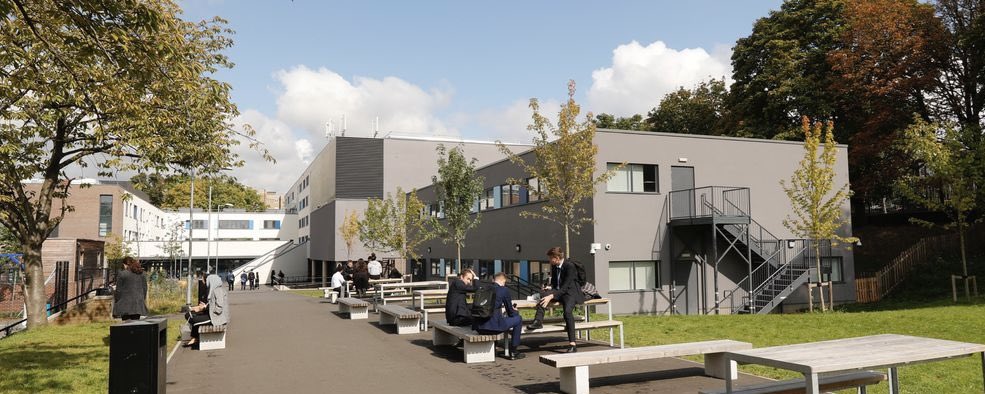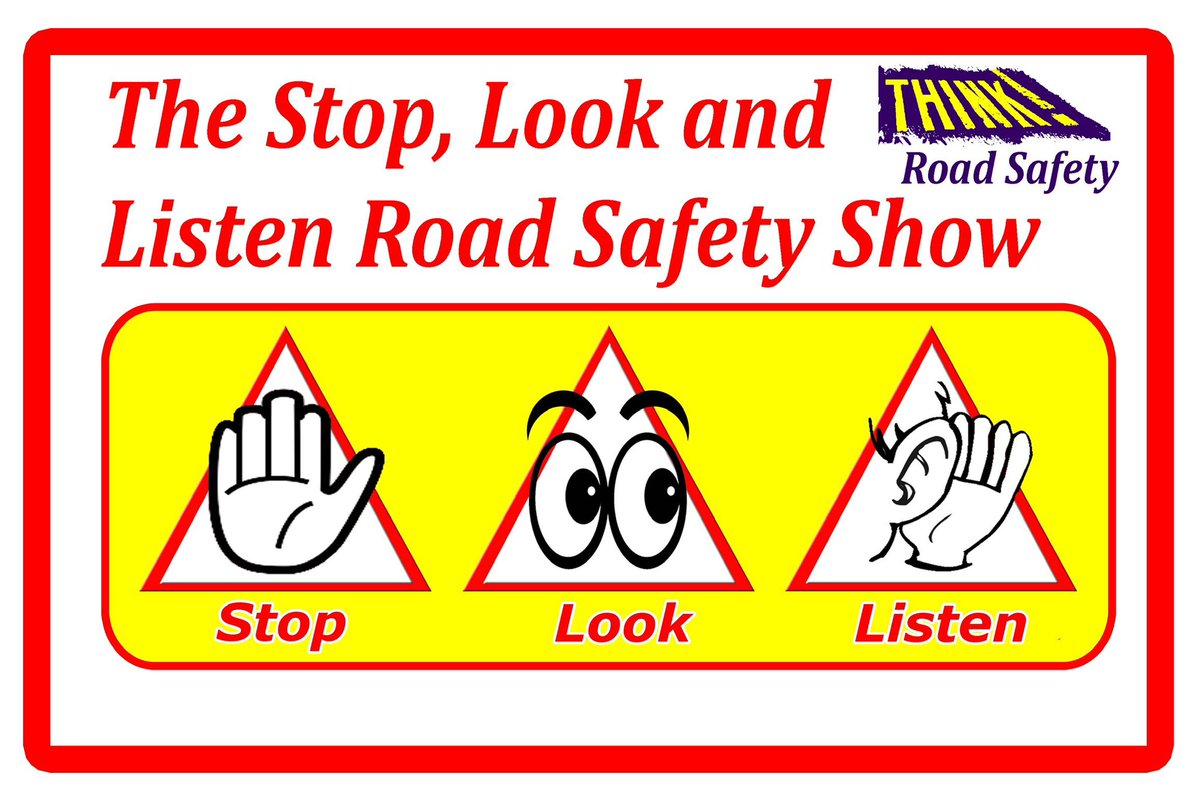Health and Social Care
‘Mens sana in corpore sano’, a healthy body in a healthy mind. A sentence that sums up why we study Health and Social Care. We study how we grow up and how we learn our behaviour. What determines genetic defects? How does the environment we live in impact us? How will an unhealthy lifestyle negatively impact us? What makes you, you?
Principles
Students learn by:
- Evaluating impacts of living conditions, health and diseases on the human body
- Challenging each other with respect to deepen and broaden their understanding of human development and working in the health and care sector
- Being able to fluently apply a variety of health and social care related vocabulary and subject specific words used in context
- Using extended writing to apply knowledge and to discuss, outline and explain health and social care
Key Stage 5 content
Human Lifespan Development
This unit develops students’ knowledge and understanding of patterns of human growth and development. Students explore the key aspects of growth and development, and the experience of health and wellbeing. They learn about factors that can influence human growth, development and human health. Some of these are inherited and some are acquired through environmental, social or financial factors during our lifespan. Students learn about several theories and models to explain and interpret behaviour through the human lifespan, as well as exploring the impact of both predictable and unpredictable life events and recognise how they impact on individuals. Students study the interaction between the physical and psychological factors of the ageing process, and how this affects confidence and self-esteem, which in turn may determine how individuals will view their remaining years.
Working in Health and Social Care
Students need to understand how they will be accountable both to the individuals and the regulatory bodies that represent people who work in the health and social care sector. It is necessary for students to understand how their work will be monitored when they carry out a specific role such as nurse or social worker. They begin by looking at the range of roles and general responsibilities of people who work in health and social care settings. Students learn about the organisations that provide services in this sector, and the different settings in which these services are delivered according to the needs of the service user. They learn about the ways these services are provided and about the barriers that can prevent people from getting the services they need.
Employees of an organisation that provides services in the health and social care sector have responsibilities towards people who seek information and advice, those who are being assessed and people who use services provided by or on behalf of their employer. They also have responsibilities towards their employers, both as an employee and when they are undertaking specific duties on behalf of their employer. These organisations are regulated and inspected so students also need to understand how inspectors and regulators monitor the work that they do. Students learn about working with people with specific needs, including ill health, learning disabilities, physical and sensory disabilities, and the needs of people who occupy different age categories. We cover the skills needed to work in these areas of health and social care.
Meeting individual care and support needs
For students to be able to provide the care and support that individuals need, it is important that they have a good understanding of the principles behind providing quality care and support. This unit introduces them to the values and issues that need to be considered when planning care and support that meet the needs of an individual in a health and social care environment.
Students learn about the values and principles of meeting care and support needs and look at some of the ethical issues that arise when personalising care. They’ll examine factors that can impact the professionals who provide the care and support, and the challenges that must be overcome to allow access to good quality care and health services. Students explore the different methods used by professionals across all care services. They reflect on these methods when considering the importance of multi-agency working in providing a package of care and support that meets all the needs of individuals.
Physiological Disorders and their care
It is essential for workers in the health and social care sector to understand the nature of physiological disorders and how to provide appropriate treatment and care. This includes being aware of the causes and effects of physiological disorders, as well as the roles of different professionals involved in providing treatment and care for service users.
Students learn about the signs and symptoms of physiological disorders and how they are investigated and diagnosed. They also learn about the different types of treatment and support available for individual service users, including surgery, rehabilitation and complementary therapies. They create a treatment plan for a service user with a specific physiological disorder. This helps them understand the treatment and support strategies involved, the contributions of different professionals and the importance of providing individualised care.
Exam Specifications
Pearson |601/7197/2| BTEC National Extended Certificate in Health and Social Care
KS4 Assessment Overview

KS5 Assessment Overview




















